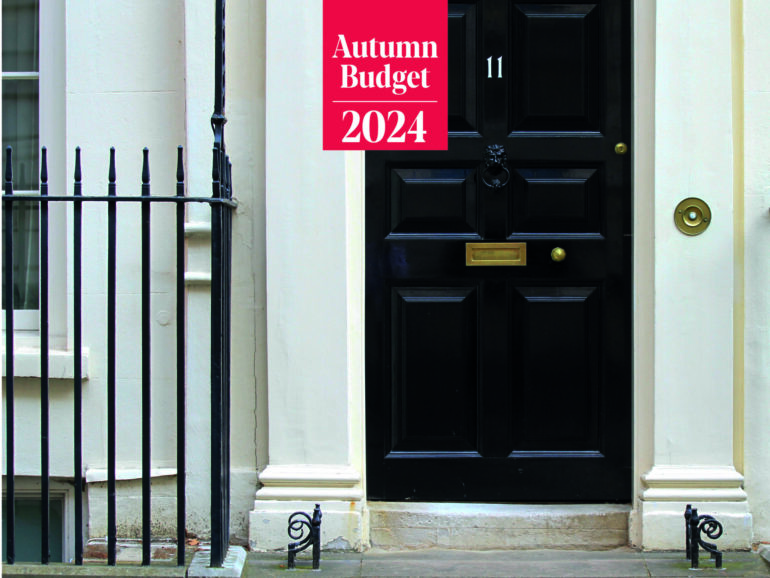Chancellor Rachel Reeves delivered her first Budget announcement today, with key measures impacting housing centring around a £5bn-plus investment in development and construction.
The Chancellor said that funding would be used to “increase the affordable homes programme to £3.1bn, delivering thousands of new homes.”
Additionally, the Government will provide “£3bn worth of support and guarantees to boost the supply of homes and support our small house builders,” which is designed to shore up financing for smaller developers and unlock additional housing supply across the country.
The Budget also included changes to Capital Gains Tax (CGT) for investors, increasing the lower rate from 10% to 18%, and the higher rate from 20% to 24%, while maintaining the rates of CGT on residential property at 18% and 24%, bringing the two types in line.
This measure aims to raise revenue while still providing incentives for investment in residential properties, but was criticised by commentators for placing an additional tax burden on investors.
Reeves increased the Stamp Duty Land Tax (SDLT) surcharge for second homes, known as the higher rate for additional dwellings, by two percentage points to 5%, effective from tomorrow (31st October).
The Chancellor said this change seeks to support first-time buyers and those looking to move home by discouraging the purchase of additional properties.
To further enhance housing supply, the Government will invest in renovating existing sites.
Reeves said: “We will provide investment to renovate sites across our country, including at Liverpool central docks, where we will deliver 2,000 new homes and funding to help Cambridge realise its full growth potential.”
The Budget confirmed £47m of funding to support the delivery of up to 28,000 homes that would otherwise be stalled due to nutrient neutrality in affected catchments.
It also set out a £500m boost to the Affordable Homes Programme to build up to 5,000 additional affordable homes as an important step to deliver 1.5 million homes.
The Chancellor included a £70m investment in 2025‑26 to support integrated infrastructure and housing development projects that they hope will boost nature’s recovery across the country.
Investment in remediation will rise to over £1bn in 2025‑26, including new investment to speed up remediation of social housing.
The government will set out further steps on remediation later this autumn.
Moreover, the Chancellor committed to “hire hundreds of new Planning Officers to get Britain building,” a step meant to accelerate the delivery of new housing developments.
By increasing the construction of affordable homes, preserving existing stock, and improving the efficiency of the planning system, the Chancellor’s Budget aimed to lay the groundwork for a more accessible and sustainable housing market in the years ahead.
Reeves said: “We are determined to get Britain building again.”



